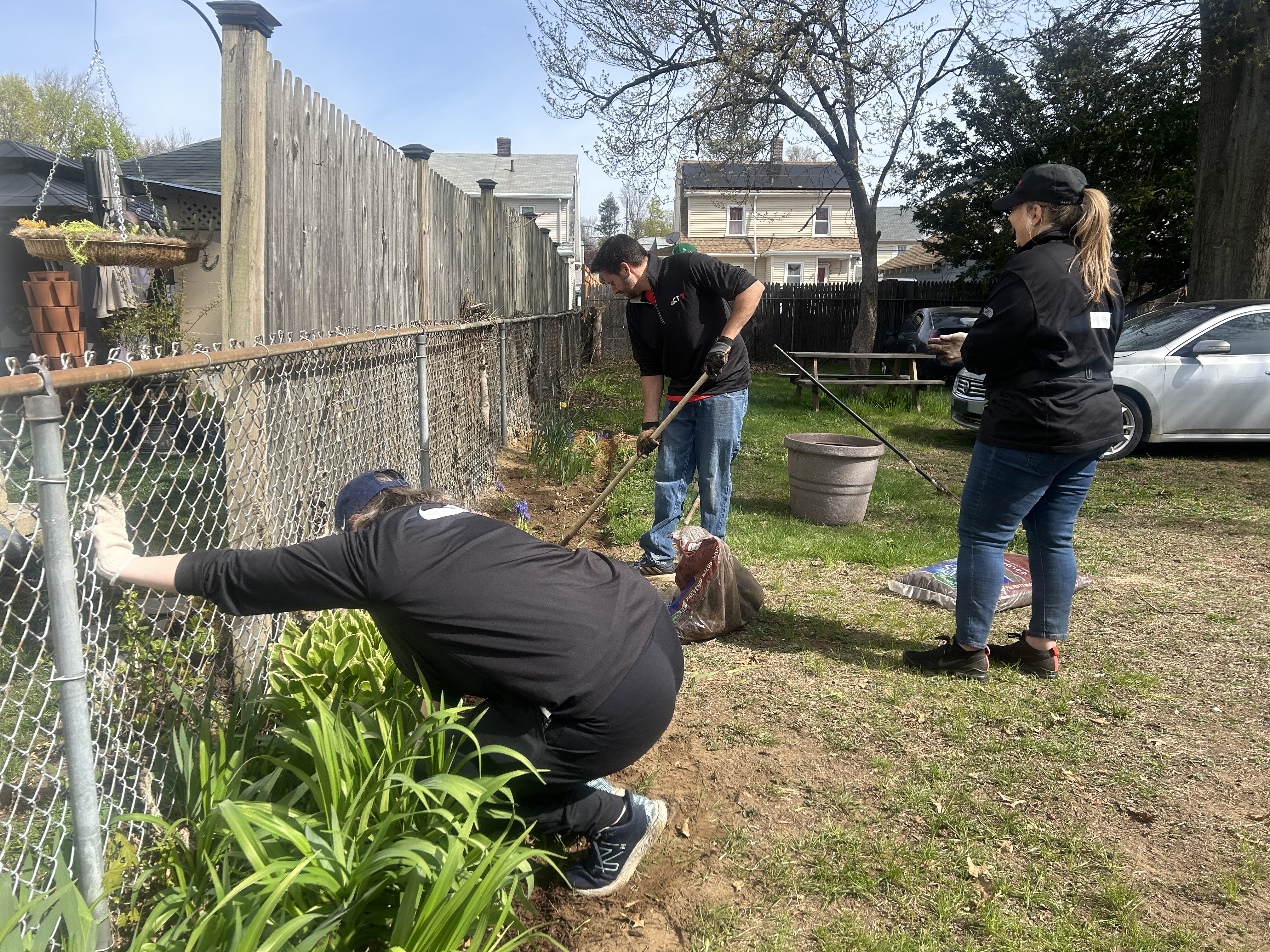It’s the height of basketball season in Connecticut. March Madness is around the corner and high school state tournaments are underway. A key part of all of that: the referees.
There’s a handful of officials in Connecticut who seem just like all the others, in fact, if you’re a parent or coach, you may have even yelled at them once or twice, but they have something to tell you: they can’t hear you.
“I remember when I first started, I had no interpreters. When I came to the board meetings, I was just sitting there, everything went over my head," said Lou Volpintesta, a longtime referee for IAABO Board 6 in Connecticut.
He was born profound deaf, something that, for a long time, made him one-of-a-kind in that small community.
Get Connecticut local news, weather forecasts and entertainment stories to your inbox. Sign up for NBC Connecticut newsletters.
“Seven days a week, I played basketball, football, softball, track,” Volpintesta said. “I knew I enjoyed other sports, so why not try to ref?”
With a shrug of his shoulder 30 years ago, that “why not” is much bigger than he’d have you believe. It’s why this story isn’t about just one referee who is deaf, it’s about five.
“Lou was my coach in high school,” said Justin Brooks, who is the only 2,000-point scorer at the American School for the Deaf in West Hartford. “I looked up to him…I started to pick his brain, ask him some questions. I said, maybe in the future I can be like him.”
Local
From there, another followed.
“J.B. Joined reffing first, I kept on delaying it,” said Clement Lovelace, who was another star basketball player at ASD. “He’s like, 'you see Lou is doing it?'”
Joining Lou, Justin and Clement is Chris DiSanto, the athletic director at ASD, who first got into officiating in New York after seeing friends get involved and Jesus Marchan, a former coach at ASD.
“Sometimes during free throws, I can feel the fans pounding their feet,” Marchan said. “I can feel the energy.”
They can feel it even if they can’t hear it. But fortunately the game of basketball is universal.
“There’s a lot of communication involved,” DiSanto said. “Visual, not verbal, in the game of basketball.”
“Pregame, you got to emphasize from the beginning,” Volpintesta said. “I communicate with my partner always. I say, 'I can’t hear.'"
Volpintesta said he relies on his partner to notice if a coach is calling for a timeout outside of his field of vision, but that there’s other ways for coaches to get his attention.
“You can tap or wave to get my attention,” Volpintesta said. “I don’t have a problem with that. I want to make sure you get your timeout.”
But tuning out some noise might make them the envious of other officials.
“I ignore the fans,” Marchan said.
“My partner deals with it,” Volpintesta said. “I tell him ‘Hey, it's gonna be on you tonight. I'm sorry if they're booing. You're gonna have to carry the load.'”
Better still. These five officials aren’t coming from every corner of the state, they’re all members of Board 6, which officials games in Central Connecticut.
“New York has about four. California has like four, maybe,” DiSanto said.
In fact, of the entire National Deaf Basketball Association, five of the 25 total referees are the group in Connecticut. They say it’s afforded them opportunities to travel and officiate games across the country and there’s always a need for more.
After all, what’s the point of being one-of-a-kind if there’s no one to share it with?
“I feel like we're a family,” Marchan said. “We’re really close.”
“Thirty years as a ref is a long time,” Volpintesta said. “I was by myself, one of the only deaf refs on the board…The deaf community is small and now the deaf community is proud of them, I’m proud of them.”
If you’d like to learn more about becoming an official, you can visit the Board 6 website here.



